Connecting Contraception to Girls’ Lives and Aspirations in Southern Nigeria: The Case of 9ja Girls in Southern Nigeria
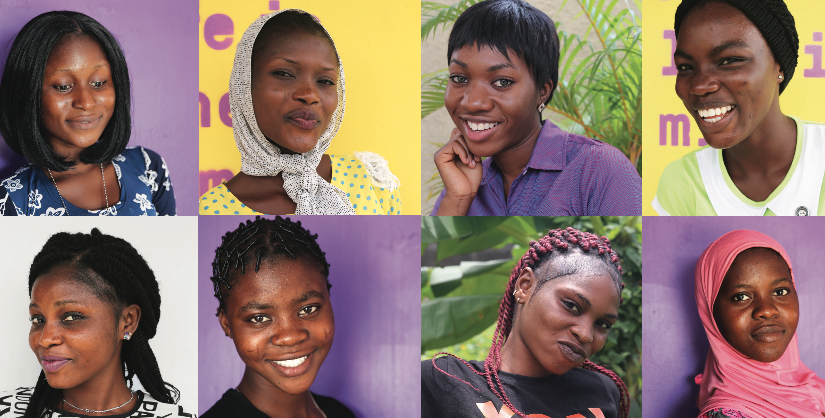
A case study of the A360 experience in southern Nigeria offering considerations for similar ASRH implementation in future settings.
A360’s Learning and Growth since the 2018 Mid-Term Evaluation
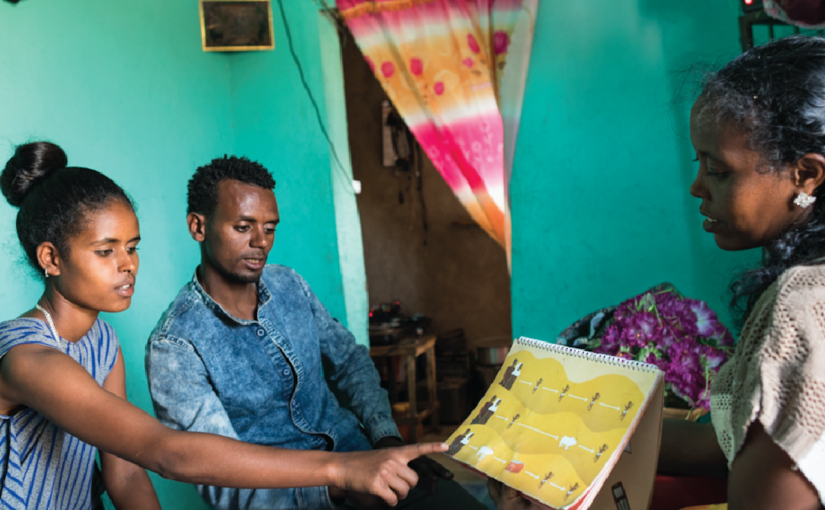
This technical brief captures what we learned and how we pivoted following our external 2018 mid-term evaluation.
Introducing Adolescents 360: Designing and Implementing Adaptive, Youth-Centered Programming in Ethiopia, Tanzania, and Nigeria

A collection of Adolescents 360’s technical briefs presenting case studies of A360’s approach, impact and applicable learnings across A360 countries.
Learnings from A360’s 2019 Process Evaluation
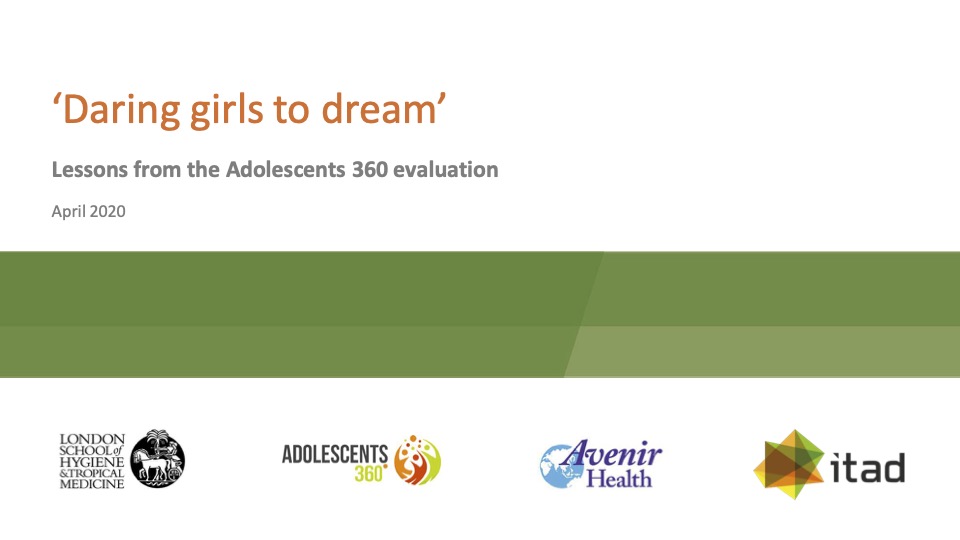
Our process evaluation documents A360’s experience implementing its aspirational programming across the project’s four distinct geographies. These resources present the methodology used to develop, and top-line findings outlined in the process evaluation and the Participatory Action Research.
A Voice, and A Choice
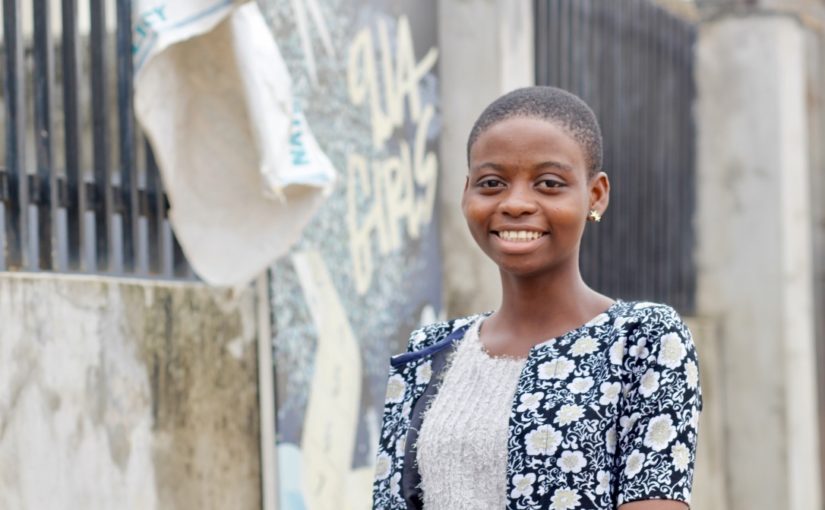
“9ja Girls is all about girls. People say girls choose contraception because they are promiscuous. Or if you are married, it means you don’t want to have a child with your husband,” Beth explains. “But I know that contraception allows girls like me to reach their dreams.”
Deliver on What Girls Want and Need, Today
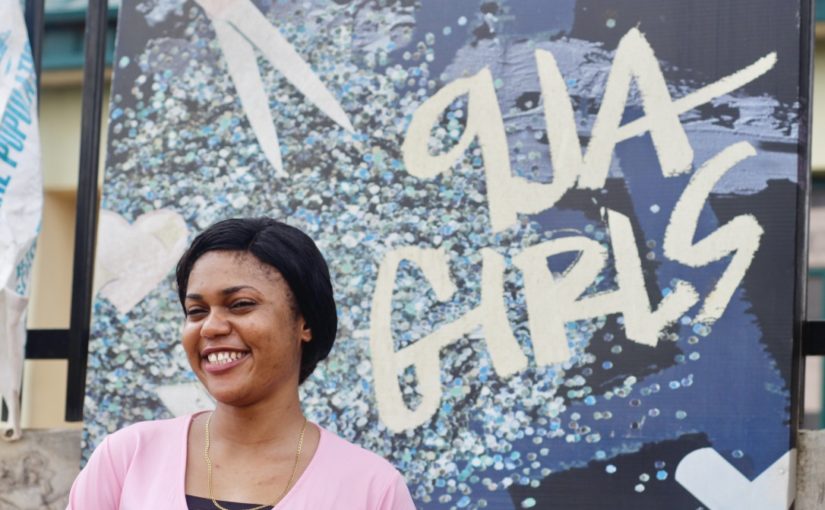
At 23, Peace, a youth-friendly health provider, is at the frontline in ensuring no girl ever must question where to access the tools and how to ask the questions that shape their life decisions.
Saturday is Girls-Only Day
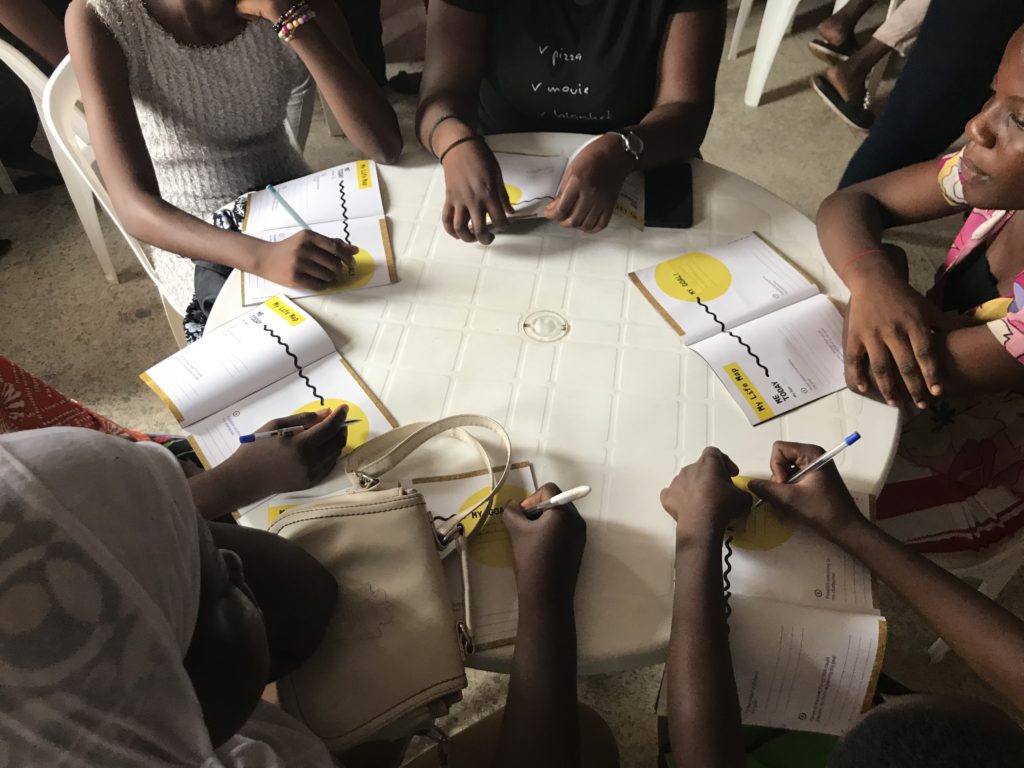
As a health mobilizer, Abiola dives deep into her community, rallying young unmarried girls aged 15-19 each Saturday to join 9ja Girls’ Life, Love and Health class, a girls-only space for girls to gain skills to achieve their life goals. But it’s not without its challenges.
At First, This Mother Was Skeptical. That’s Since Changed.
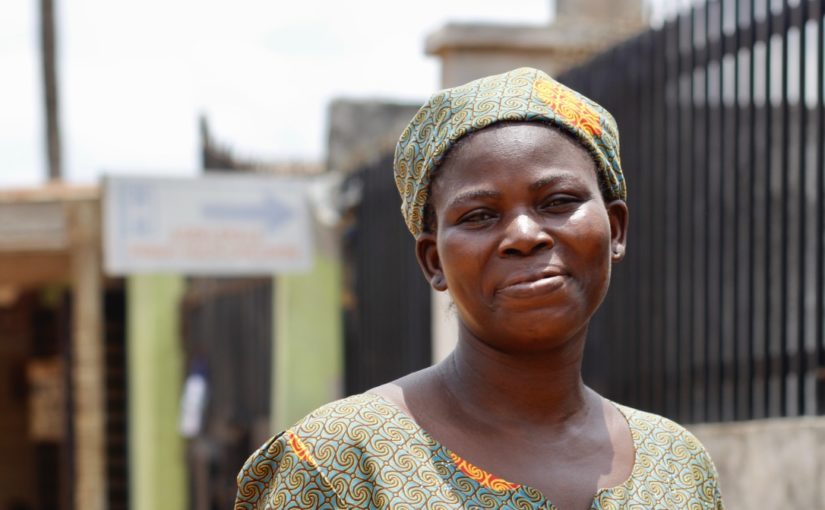
Across Nigeria, girls like Taiwo navigate a complex web of socio-cultural barriers that limit their access to SRH information and services. Myths and misperceptions around contraception are rampant, and public health facilities often lack adolescent and youth SRH services. The repercussions run deep.
